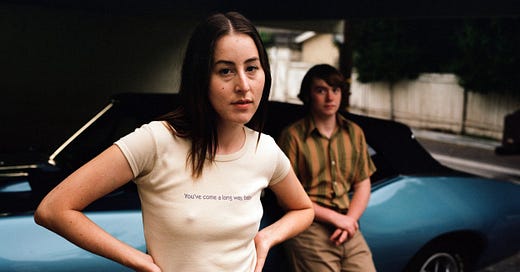I told lied to myself that I would commit to reading one book per month for the entirety of 2022 and I haven’t even considered picking up the title I’m currently reading… amazing of me, truly. Rest in peace André Leon Talley.
As for Digital Future Magazine news: I’m currently scheduling two interviews that will go live on the site before the month ends …



